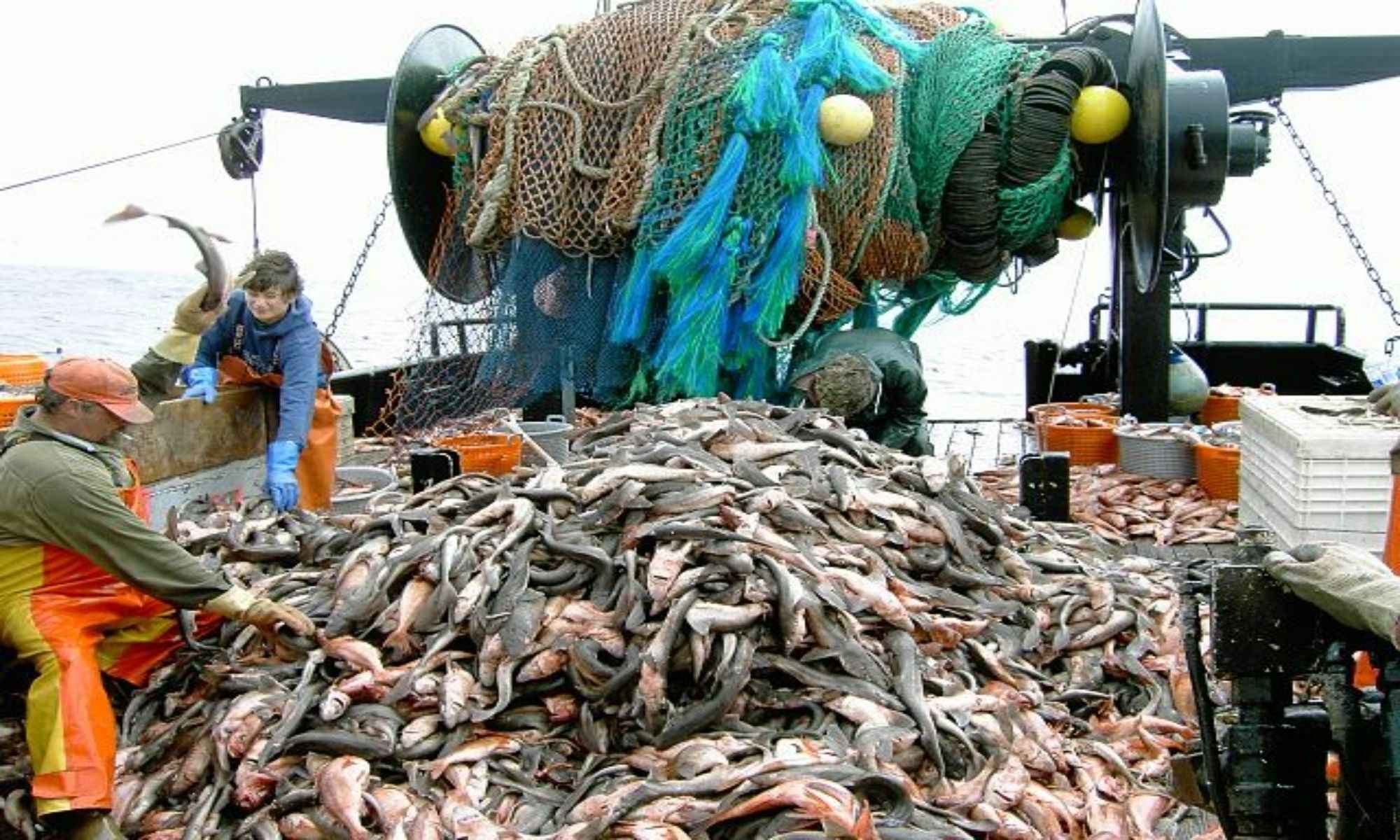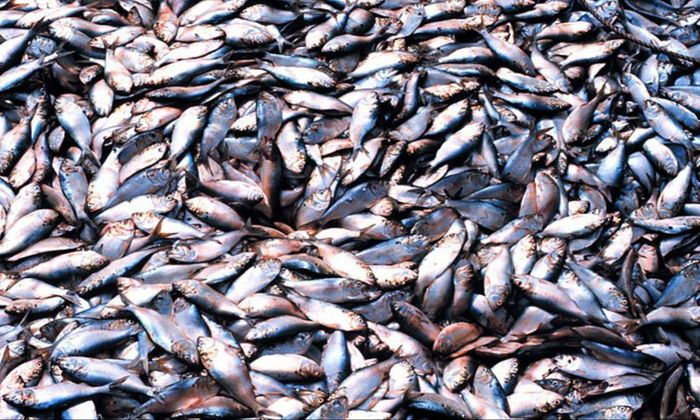Overfishing and Other Threats to the Declining Fish Population
Learn about overfishing, how it affects the marine ecosystem and world fisheries, and how anglers can help prevent the decline of worldwide fish populations.

For years scientists have warned global political and business leaders about the various threats to our oceans that have impacted mainly the fish population worldwide. One of these threats is the phenomenon of overfishing.
Overfishing and Its Domino Effect

Overfishing has been a major issue for centuries now. Some fish and marine mammal species have become extinct or come dangerously close to it because of indiscriminate and irresponsible commercial fishing for the food and aquarium industries. The demand for a wide range of affordable fish continues to rise, but the world’s fish population cannot keep up with it. In 2003, scientists reported that many big ocean fish populations had dwindled to as low as 10% of their initial population before industrial fishing became the norm. To date, over 50% of world fisheries have become fully exploited.
1. Economic and Food Insecurity
This threat carries over to various aspects of our daily lives. Many businesses in coastal communities are primarily dependent on the commercial fishing industry. If there are no more marine fish left to catch, we’re looking at millions of people losing their primary source of livelihood. Lack of fish also affects half the world’s population that relies on fish as their protein source and can significantly contribute to food insecurity.

2. Marine Ecosystem Destruction
Overfishing has a domino effect on other aspects of the health of the world’s oceans. Overfishing has led to the destruction of marine ecosystems. Commercial fishing fleets struggle to meet the demand for more fish despite the lack of it in their usual routes that bear the brunt of heavy fishing pressure. So to address this need, they “fish down,” disturbing the balance in the ecosystem. They take away too many fish, creating a void in the food web that affects other fish populations. Coral reefs and different natural habitats are also affected by the lack of fish, as many depend on algae-eating herbivorous fish species to keep them clean and healthy.
3. Bycatch Extinction
Trawling is one of the most dangerous commercial fishing tactics that affect not just entire fish populations but other marine species. The massive nets used in this practice are meant to catch shrimp and big ocean fish like bluefin tuna, but they are prone to bycatch. This has resulted in the near-extinction of marine species such as dolphins, sea turtles, sharks, and sea birds, along with smaller fish, among many others.
Other Threats to the Declining Fish Population
Besides overfishing, our world’s declining marine fish population faces even more challenges. The phenomenon of ghost fishing occurs mainly due to the fishing gear or equipment neglected in the waters that can kill or injure unsuspecting fish. The acidification of oceans, caused by our collective CO2 emission, affects many seashells, coral skeletons, and even fish species like pollock that rely on carbonate ions.
Pollution continues to be a major issue as well. The proliferation of plastics in the world’s waters — now amounting to 1.15 to 2.41 million tons yearly — threatens fish and other marine animals that accidentally digest these materials. Humans are likewise affected by these. Like many ocean fish, we consume micro-plastics that can make it into our system. Other pollutants like oil spills do not just affect the animals — they can also destroy whole habitats. Chemicals for fish farming can likewise affect natural habitats. Farmed fish released into the wild can carry diseases that negatively affect native stocks. Global warming has equally led to the rise in water temperature, resulting in coral bleaching or the expulsion of symbiotic algae that keep coral reefs alive and stronger. The destruction of ocean habitats, in turn, dramatically affects many fish species, leading to more decline in the already dwindling fish population.
What Can You Do as An Angler and a Citizen?
While it is the responsibility of global leaders and big industries to address overfishing and other threats to the declining fish population, we, as anglers and citizens, can affect massive change simply by acting responsibly in our daily lives. Here are some things we can do to help combat these threats:
1. Support Conservation Efforts
Donate to a good cause, volunteer your time, and spread the word. You can also help fund studies or support small-scale fisheries in developing countries to help them scale up their sustainable fishing practices.

2. Prevent Waste, Consume Less
Learn how to store your fish properly, so you don’t throw anything out. Only keep or buy what you can consume.
3. Adhere to Fishing Policies
Adhere to fishing regulations wherever you fish, as these strict regulations were implemented to protect the water and its fish population. Keeping with daily bag and size limits, open and closed seasons, and practicing safe catch-and-release can help with the health of fish populations.
Many territories have transitioned to a rights-based fishery management system for commercial fishing in the United States. This type of management secures a share of the catch for commercial anglers, provided they agree to strict limitations placed to help fish populations to catch up in numbers and rebuild.
4. Educate the Future Generation
If you want your children to partake in the joys of fishing, you should pass down not just techniques and favorite fishing spots — you should also educate them on the issues fish populations face and the solutions put in place to help combat them.



